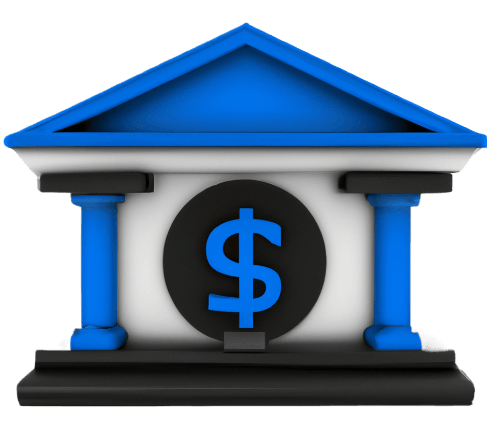Market
A market is a set of buyers and sellers of a particular good or service who interact with each other through an exchange process. Through their current or potential actions, they determine the quantity exchanged and the price at which the exchange occurs.
Market Participants
A market is divided into two main groups: buyers and sellers. Most individuals act as both buyers and sellers in different markets, but it is useful to categorize them based on whether they are buying or selling in the market under analysis.
Markets take many forms. They can be organized at a specific time and place, such as marketplaces, or through auction mechanisms where an auctioneer determines the price that aligns buyers and sellers. Alternatively, they can be international markets where buyers and sellers do not know each other, but buyers choose from different products, and sellers strive to attract the same customers.
The Role of Prices
Prices play a crucial role in resource allocation decisions. Prices largely determine which goods and services are produced in the economy, as companies invest their resources in goods they believe they can sell at a profitable price. Prices also play a fundamental role in decisions about how a good is produced; the prices of alternative inputs that can be used in production largely determine which ones the company uses. Finally, prices are crucial in deciding who gets the goods in society, as consumers spend their money on goods they believe will provide a higher level of well-being than the price they pay for them. In conclusion, prices connect market decisions, and the interaction between suppliers and demanders determines the price.
